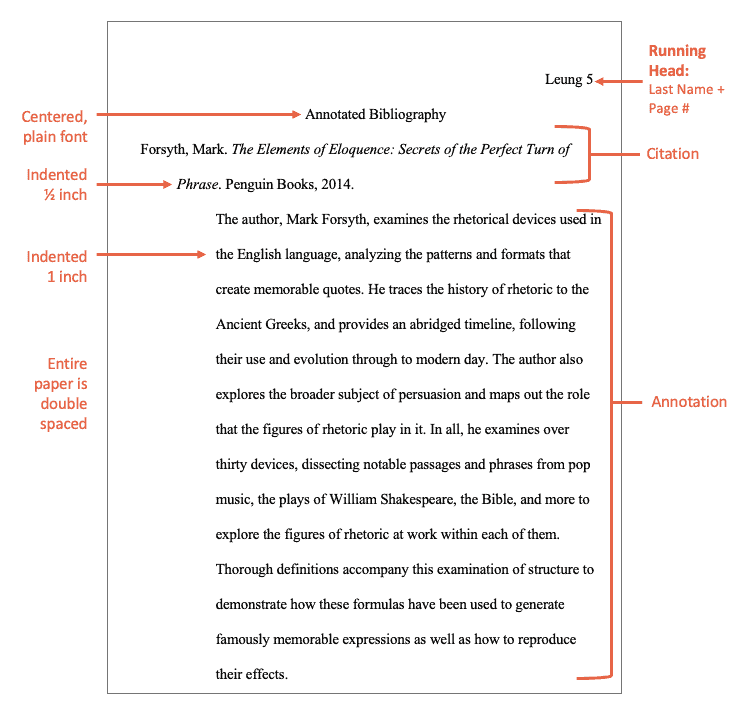
During library open hours:
Call: (714) 895-8741 x55184
Text: 714-882-5425
Visit: Reference Desk/LRC 2nd Floor
The purpose of this type of bibliography is to inform the reader of the relevance, accuracy, and quality of the sources cited.
 of the author(s)
of the author(s)
“MLA Annotated Bibliography Format.” EasyBib, Chegg, 1 Jan. 2021, www.easybib.com/guides/citation-guides/mla-format/annotated-bibliography-format-mla/.
 This work is licensed under a Creative Commons Attribution-NonCommercial-ShareAlike 4.0 International License unless noted otherwise.
This work is licensed under a Creative Commons Attribution-NonCommercial-ShareAlike 4.0 International License unless noted otherwise.